The debate surrounding climate change and livestock farming is a complex issue that is often oversimplified, a leading adviser to the UK government has said.
Henry Dimbleby is currently heading up an independent review which will be used to form a national food strategy for the UK government. The review spans a range of areas including domestic production, international trade, consumer diets and the environment.
“There is an unhelpful narrative that all meat is bad. These issues are subtle and complex,” Dimbleby said in an interview with the Irish Farmers Journal.
Dimbleby said that there was a need to plant more trees in the UK
The businessman and food writer said that beef production in countries where cattle are on feedlots or deforested land is not comparable to grass-based farming in the UK.
He gave the example of suckler herds on marginal land that cannot support any other farming activity, as well as the use of grassland in arable rotations to help regenerate soils.
Dimbleby said that there was a need to plant more trees in the UK, but added that it “makes no sense at all” to try to reduce national greenhouse gas emissions by substituting beef from local farms with imported product from less sustainable systems.
Public view
As part of his review, Dimbleby has been getting the public’s views on what is needed in a national food strategy.
“Most people who live in cities and are disconnected from farming still have a strong sense that farming is part of our identity,” he said.
There is a fear about food being from too far away
Surveys conducted for the review consistently show that UK consumers want to support local farmers and are prepared to pay a premium for UK-origin food.
However, Dimbleby acknowledged that consumer behaviour at a supermarket checkout could ultimately differ to their survey response, although he maintained that the public will still want local food in the future.
“There is a fear about food being from too far away. People take comfort if food is grown nearby.”
Imports
Dimbleby said that the debate surrounding food imports versus domestic production is also often oversimplified. He suggested that a balance between the two is needed because there are risks with having an over-reliance on either food imports or domestic production.
Too much trade is a risk
For example, trade could be disrupted by a natural disaster, or local farms could be hit with a disease outbreak.
“Too much trade is a risk, and too little trade is a risk,” he said.
Supply chain
The review is also looking at fairness in the supply chain and Dimbleby appears to have a particular interest in farm profitability.
He described farmers as being in the middle of the supply chain, with retailers and processors on one side, and agricultural suppliers on the other.
“People on either side of farmers are making more money.” he suggested.
When asked how this could be addressed, Dimbleby responded: “I don’t know the answer yet.”
Timeline
Dimbleby was appointed to lead the review in June and a public consultation as part of the process closed for responses in October.
An interim report will be published in the new year and a final report will be subject to amendments and approval by a representative sample of the public, known as a citizen’s assembly.
We are doing everything that we can to make sure we are successful
Whatever is concluded, it will ultimately only be recommendations which a future UK government could choose to ignore.
“Yes, there is that risk,” Dimbleby acknowledged. “But we went into this knowing that, and we are doing everything that we can to make sure we are successful.”
To ensure the food strategy is implemented by future governments, Dimbleby said that his team has engaged across the political spectrum and he maintained that the citizen’s approval element will give the strategy more weight.




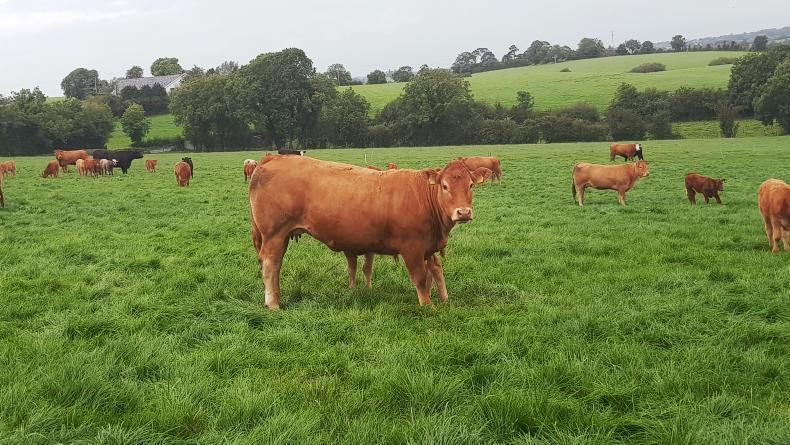
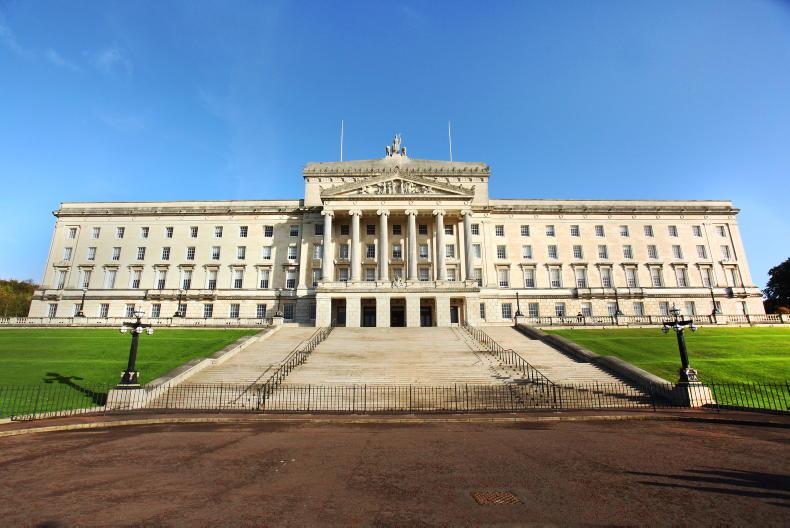

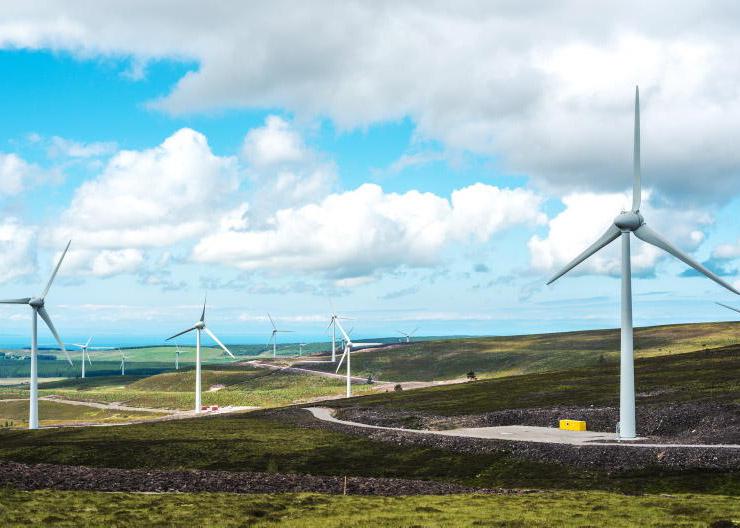
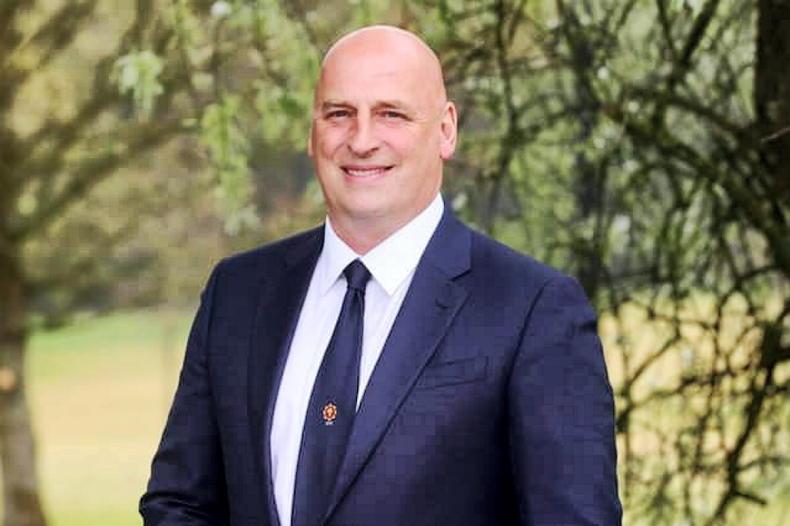
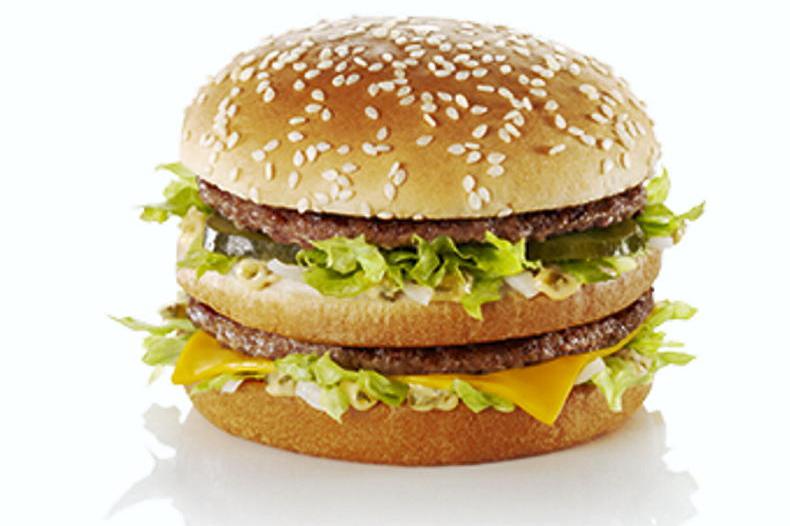
SHARING OPTIONS